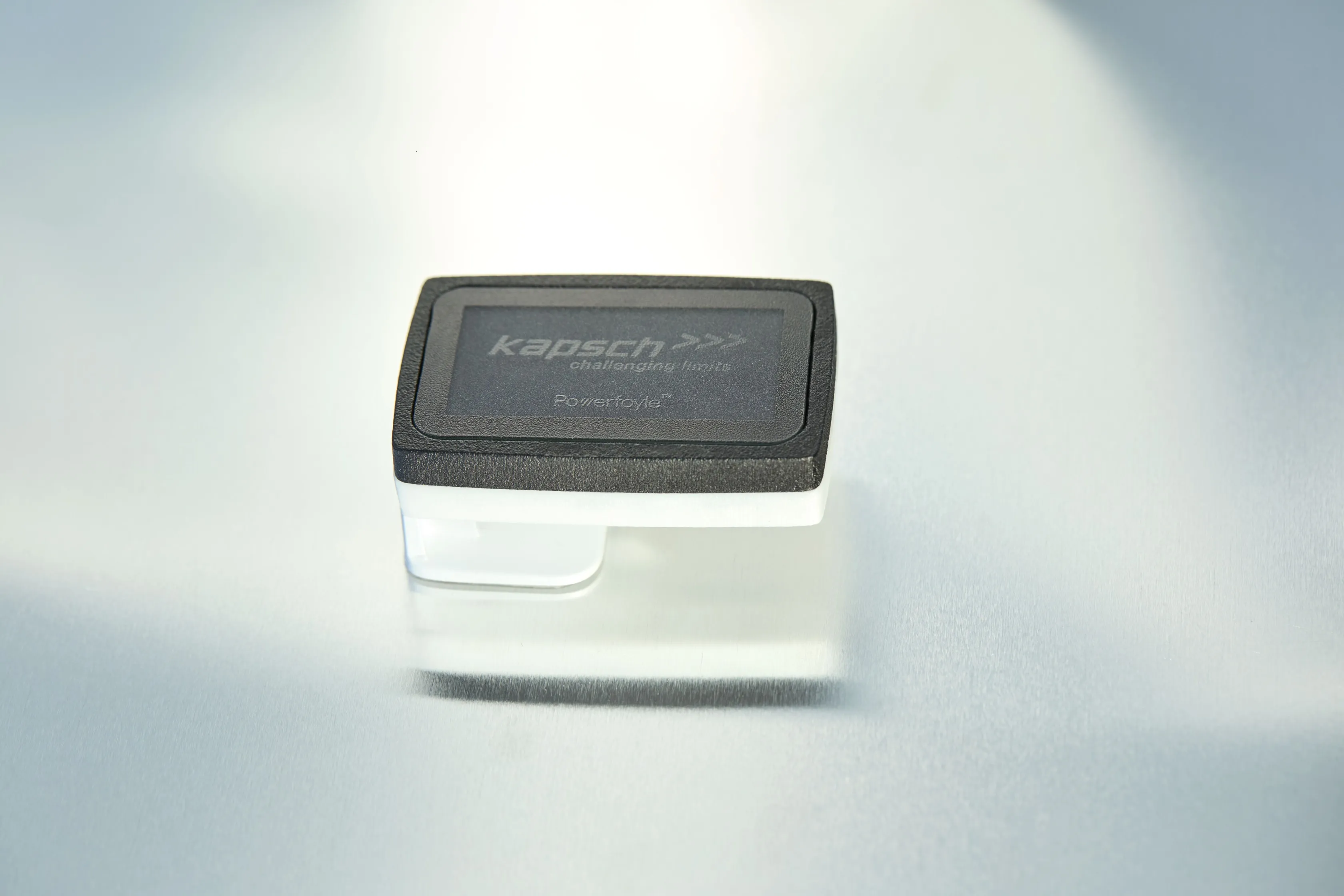He said Kapsch TrafficCom’s acquisition of Schneider Electric’s Transportation Business positions the company to become an even greater global powerhouse, offering its public and private customers one-stop shopping for ITS – from cutting-edge component technology to system design, installation, maintenance and operation.
“The future of transportation is about the seamless integration of all the parts of mobility, from components to systems, and from services to payment,” said Georg Kapsch. “The synergy created by the Kapsch-Schneider combination enables us to deliver just that.”
Kapsch’s solutions featured at Intertraffic range from its Streetline smart parking solution to its Prodata end-to-end solution for public transport operators as well as its Dynac high-performance, integrated software suite of transportation and facilities management.
Dynac’s collaborative implementation by the road authorities of the Netherlands and England will be the subject of a presentation by Marion Braams from Rijkswaterstaat from 2.15 – 3pm on Thursday, 7 April, in the Smart Mobility Theatre here at Intertraffic.
Kapsch tackles challenges of congestion, environment and mobility
Proving the whole can be greater than the sum of its parts, Georg Kapsch, CEO of Kapsch TrafficCom, came to Intertraffic yesterday and challenged attendees with a new vision of how motorists and commercial operators will overcome the competing challenges of congestion, environmental quality and mobility.
April 6, 2016
Read time: 2 mins
Proving the whole can be greater than the sum of its parts, Georg Kapsch, CEO of 4984 Kapsch TrafficCom, came to Intertraffic yesterday and challenged attendees with a new vision of how motorists and commercial operators will overcome the competing challenges of congestion, environmental quality and mobility.









